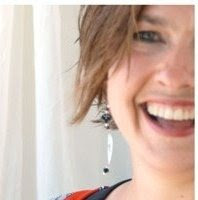The ethical heart of my practice: AWA
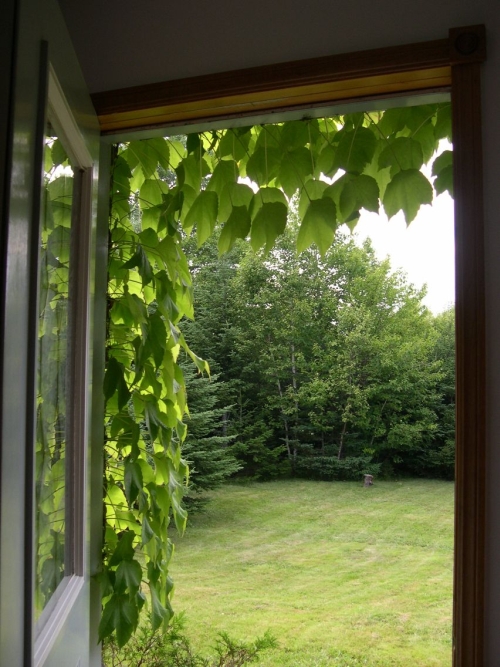 As a student in the TLA program at Goddard College who was looking for a way to use writing as a healing tool, the AWA writing workshop method broke down the door for me. Here was a simple, deeply powerful and ethical-by-design method for writing in community about any topic you might wish to write about, but in particular any topic that is painful, complicated, or raw.
As a student in the TLA program at Goddard College who was looking for a way to use writing as a healing tool, the AWA writing workshop method broke down the door for me. Here was a simple, deeply powerful and ethical-by-design method for writing in community about any topic you might wish to write about, but in particular any topic that is painful, complicated, or raw. The AWA method we learned in the trainings that Pat Schneider led at her farmhouse in 2001 and 2002 (the latter, an Amherst Writers and Artists (AWAI) training, was co-facilitated by members of the original Chicopee Writers), revolutionized my thinking and brought me a powerful sense of peace.
 At the time, Goddard (where I was pursuing my MA) was undergoing an accreditation review and was at risk of closing – after my first AWA training, I was no longer afraid of what might happen if Goddard closed (which it didn't): I’d found the structure for my life’s work. Here was a resolutely non-hierarchical and safe container in which all people, regardless of their relationship to the word “writer,” could explore in words their own complicated and beautiful stories.
At the time, Goddard (where I was pursuing my MA) was undergoing an accreditation review and was at risk of closing – after my first AWA training, I was no longer afraid of what might happen if Goddard closed (which it didn't): I’d found the structure for my life’s work. Here was a resolutely non-hierarchical and safe container in which all people, regardless of their relationship to the word “writer,” could explore in words their own complicated and beautiful stories. Because I was doing “healing” work outside of the therapeutic model (not therapy, not even poetry therapy)
 , and also doing “writing education” outside of the traditional academic model, I found it challenging to describe to others exactly what I was doing with the Writing Ourselves Whole workshops. This proved to be relatively isolating, and I often felt like I was working in a vacuum, sometimes questioning whether I was working “appropriately” or effectively as a facilitator.
, and also doing “writing education” outside of the traditional academic model, I found it challenging to describe to others exactly what I was doing with the Writing Ourselves Whole workshops. This proved to be relatively isolating, and I often felt like I was working in a vacuum, sometimes questioning whether I was working “appropriately” or effectively as a facilitator. After doing the workshops in relative isolation for a couple of years in San Francisco, I connected with Chris DeLorenzo, an AWA affiliate, about joining his Laguna Writers workshops. Chris took a risk, having another AWA facilitator in his workshop, and I am forever grateful! I began to find my way into the AWA community I’d been searching for, and I got to experience the risk and freedom and vulnerability possible in the role of participant!
 Through Chris, I began to connect with other AWA facilitators and lovers of the method, including some especially long-term participant writers, and this informal community has made all the difference for me as I move forward in building my workshops and continuing in the role of facilitator. When I have questions or concerns, struggles as a facilitator or just need some love and support, I know I can turn to these folks and they will get it about AWA, what the method is and isn’t supposed to do, and all that can happen within the method’s clear and expansive boundaries.
Through Chris, I began to connect with other AWA facilitators and lovers of the method, including some especially long-term participant writers, and this informal community has made all the difference for me as I move forward in building my workshops and continuing in the role of facilitator. When I have questions or concerns, struggles as a facilitator or just need some love and support, I know I can turn to these folks and they will get it about AWA, what the method is and isn’t supposed to do, and all that can happen within the method’s clear and expansive boundaries. I always knew that Pat was there if I had questions, although I was stubborn (like as little kid!) and stayed out of touch for several years, stumbling in the dark, an unnecessary hardship when there were so many hands around to help me get started in the work, answer questions, give feedback and guidance. Having a community – one that’s now expanded to a group of 50-some North American AWA facilitators – has been so useful for me, a reminder that I am a part of something larger, that I do not have to be in competition with these my sibling workshop leaders, that I have folks from whom I can learn and with whom to share what I’ve learned.
 This method is the ethical core of my writing practice and work. Being connected with other facilitators, this now world-wide community of AWA-ers, means that we can nurture one another *and* hold one another accountable to the 5 agreements and 5 core beliefs.
This method is the ethical core of my writing practice and work. Being connected with other facilitators, this now world-wide community of AWA-ers, means that we can nurture one another *and* hold one another accountable to the 5 agreements and 5 core beliefs. It can sound a little cult-y, and yet I have never been a part of a structure or a community that feels as though it has each of our own individual best interests at its heart, alongside the best interests of each writer with whom we work and our larger communities also at heart.
 AWA workshops are about a sort of kindness and faith and respect that gets devastatingly short shrift in especially our western world these days. So yes, I believe in AWA as my own spiritual path (I mean it!) and I an so thankful to finally have realized that I am not alone.
AWA workshops are about a sort of kindness and faith and respect that gets devastatingly short shrift in especially our western world these days. So yes, I believe in AWA as my own spiritual path (I mean it!) and I an so thankful to finally have realized that I am not alone.As someone who is expressly not doing therapy and yet working with survivors of sexual trauma and working with issues of sexuality, I use AWA as my ethical framework, the space in which we tell our true stories, fiction or not or a commingling of these, while also developing our writer’s craft (sometimes without even realizing it). In the workshops I’m lucky enough to facilitate within this framework, each writer is allowed to hold the tender morsels of one another’s deepest pain and secret joys, our silliest moments and/or most hidden desire--these brand new creations--with the kindest regard.
(If you're in the SF Bay Area and are interested in learning more about AWA or want to participate in a facilitator training, there's one coming up in just a couple weeks in Alamo, CA: http://www.amherstwriters.com/CertTrai.html)
Labels: AWA, expressive arts, pat schneider, transformative writing, writing workshops
 I had such a great experience writing in response to the
I had such a great experience writing in response to the  This has been a hard question for me to answer. I've been slipping between feeling very hopeful and deeply hopeless and heartsick - there are beautiful moments and possibilities and still horrors inflicted in every moment and how can we talk about hope except that without even the mention, the word, I think we lose everything.
This has been a hard question for me to answer. I've been slipping between feeling very hopeful and deeply hopeless and heartsick - there are beautiful moments and possibilities and still horrors inflicted in every moment and how can we talk about hope except that without even the mention, the word, I think we lose everything. I’m consistently inspired by these two facts: The ongoing reminder that every person has artistic brilliance inside that is seeking an outlet, and that community can web together to support one another – that we can collaborate around healing and individual/social transformation without needing MSWs or other clinical degrees. These have something to do with one another.
I’m consistently inspired by these two facts: The ongoing reminder that every person has artistic brilliance inside that is seeking an outlet, and that community can web together to support one another – that we can collaborate around healing and individual/social transformation without needing MSWs or other clinical degrees. These have something to do with one another. I’m working as a part of an alternative healing movement seeking to provide and facilitate spaces for self-empowerment, which might be witnessed and supported/encouraged by others on a similar journey. I struggle whenever anyone refers to the Writing Ourselves Whole workshops as “therapy.” If anything, I’d like to be known simply a writer and a group facilitator/participant. I do this work with survivors of sexual trauma and around sexuality/erotic writing because I believe in its effectiveness, and because I’d like to continue to have available to me and others like me the options of non-clinical healing/transformative process and practice.
I’m working as a part of an alternative healing movement seeking to provide and facilitate spaces for self-empowerment, which might be witnessed and supported/encouraged by others on a similar journey. I struggle whenever anyone refers to the Writing Ourselves Whole workshops as “therapy.” If anything, I’d like to be known simply a writer and a group facilitator/participant. I do this work with survivors of sexual trauma and around sexuality/erotic writing because I believe in its effectiveness, and because I’d like to continue to have available to me and others like me the options of non-clinical healing/transformative process and practice.  I’m interested in transformative/healing modalities that will not reproduce the old analytic model, will not appropriate the language of clients and masters, will not capitulate to professionalizing drives that are infiltrating social service agencies around the country. What can we do when we come together with people, with mutual respect, with a give-and-take of information, with a possibility of mutual ex/change? Those in power will work to rewrite us broken bodies back into some semblance of (their) normalcy. They don’t want us rocking the boat.
I’m interested in transformative/healing modalities that will not reproduce the old analytic model, will not appropriate the language of clients and masters, will not capitulate to professionalizing drives that are infiltrating social service agencies around the country. What can we do when we come together with people, with mutual respect, with a give-and-take of information, with a possibility of mutual ex/change? Those in power will work to rewrite us broken bodies back into some semblance of (their) normalcy. They don’t want us rocking the boat. When we, whether or not we’re survivors or sexual trauma, come together this way—-assiduously working to remain aware and respectful of the differences among us, and share our words—-we have the opportunity to acknowledge our individual places of beauty and strength, both because we listen to our own poetic phrasing and descriptions, and because others tell us what is beautiful and strong for them in the writings we offer. We hear, witness, and open (to) the splendor in ourselves and in others. There is transformation in those moments, particularly when we who have spent years reiterating to ourselves the lessons of ugliness that we learned at our abusers’ hips are able to acknowledge beauty in ourselves.
When we, whether or not we’re survivors or sexual trauma, come together this way—-assiduously working to remain aware and respectful of the differences among us, and share our words—-we have the opportunity to acknowledge our individual places of beauty and strength, both because we listen to our own poetic phrasing and descriptions, and because others tell us what is beautiful and strong for them in the writings we offer. We hear, witness, and open (to) the splendor in ourselves and in others. There is transformation in those moments, particularly when we who have spent years reiterating to ourselves the lessons of ugliness that we learned at our abusers’ hips are able to acknowledge beauty in ourselves.  Take me backward into your dreams and let me watch you stumble. Your language is yours alone, the sounds of your body the stretch and wrinkle of your face the wrinkled words and nods, shrugs and shivers and shifts of eyeballs. You don’t know that you know your own way and I cannot tell it for you. I can take your hand, though, and promise not to leave you while you float in your own waters, while you choke down the nausea of history in your instance to see the clownfish and schools of yellowtail floating around the coral of yourself.
Take me backward into your dreams and let me watch you stumble. Your language is yours alone, the sounds of your body the stretch and wrinkle of your face the wrinkled words and nods, shrugs and shivers and shifts of eyeballs. You don’t know that you know your own way and I cannot tell it for you. I can take your hand, though, and promise not to leave you while you float in your own waters, while you choke down the nausea of history in your instance to see the clownfish and schools of yellowtail floating around the coral of yourself. This is such a big question – I actually feel I need to break it down into two:
This is such a big question – I actually feel I need to break it down into two: 
 On the one hand, I think anyone ought to be able to do this work. I think to myself, Look, I haven’t had any special training and I did it. I don’t have an MSW or experience as a therapist. But here’s what I do have: personal experience of surviving sexual abuse; training and experience as a volunteer listener for youth and battered women and men; certification as an Amherst Artists and Writers writing workshop facilitator; training as a crisis/peer support group facilitator. All of these skills came in handy during the writing groups I’ve facilitated.
On the one hand, I think anyone ought to be able to do this work. I think to myself, Look, I haven’t had any special training and I did it. I don’t have an MSW or experience as a therapist. But here’s what I do have: personal experience of surviving sexual abuse; training and experience as a volunteer listener for youth and battered women and men; certification as an Amherst Artists and Writers writing workshop facilitator; training as a crisis/peer support group facilitator. All of these skills came in handy during the writing groups I’ve facilitated.
 In a transformative writing group, one thing (among others) folks seem to want, as survivors and particularly as writers, is a hearing. That’s what these groups can offer. The original AWA training, for example, helps you acquire a sense of how not to be blown away by heavy, hard, overwhelming emotions; how to ride through hard high intense roller coaster rides of emotion without getting thrown off or shutting down. Most times, you don’t need to do anything but listen, deeply hear and experience the words as they are offered to the group, and to give your personal individual feedback about the writing itself, while modeling for others how to do the same.
In a transformative writing group, one thing (among others) folks seem to want, as survivors and particularly as writers, is a hearing. That’s what these groups can offer. The original AWA training, for example, helps you acquire a sense of how not to be blown away by heavy, hard, overwhelming emotions; how to ride through hard high intense roller coaster rides of emotion without getting thrown off or shutting down. Most times, you don’t need to do anything but listen, deeply hear and experience the words as they are offered to the group, and to give your personal individual feedback about the writing itself, while modeling for others how to do the same.



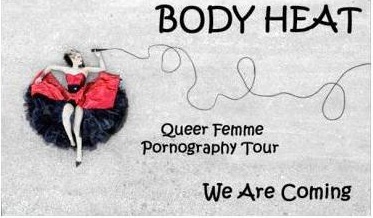 Most of the pieces I performed on this year’s
Most of the pieces I performed on this year’s 
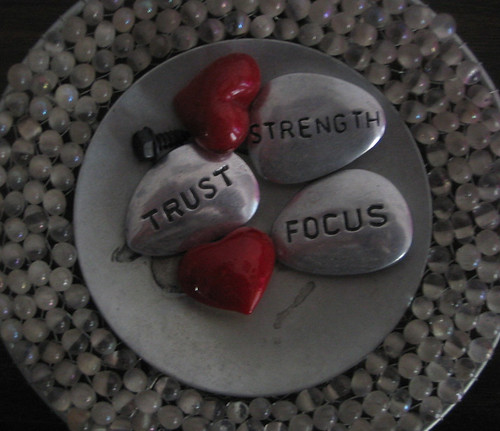 Remember the guidelines of the AWA method writing workshops (as developed by Pat Schneider in her book
Remember the guidelines of the AWA method writing workshops (as developed by Pat Schneider in her book 
 For survivors, those of us--so many of us, in so many different ways--trained into wrongness, trained into silence, trained into the invisibility of our language: when I say that the workshops are “transformative,” I mean that we create ourselves a space in which to alter how we have come to know ourselves through words. When we tell newly-re-framed stories and we are heard... how can that not empower and open the heart?
For survivors, those of us--so many of us, in so many different ways--trained into wrongness, trained into silence, trained into the invisibility of our language: when I say that the workshops are “transformative,” I mean that we create ourselves a space in which to alter how we have come to know ourselves through words. When we tell newly-re-framed stories and we are heard... how can that not empower and open the heart?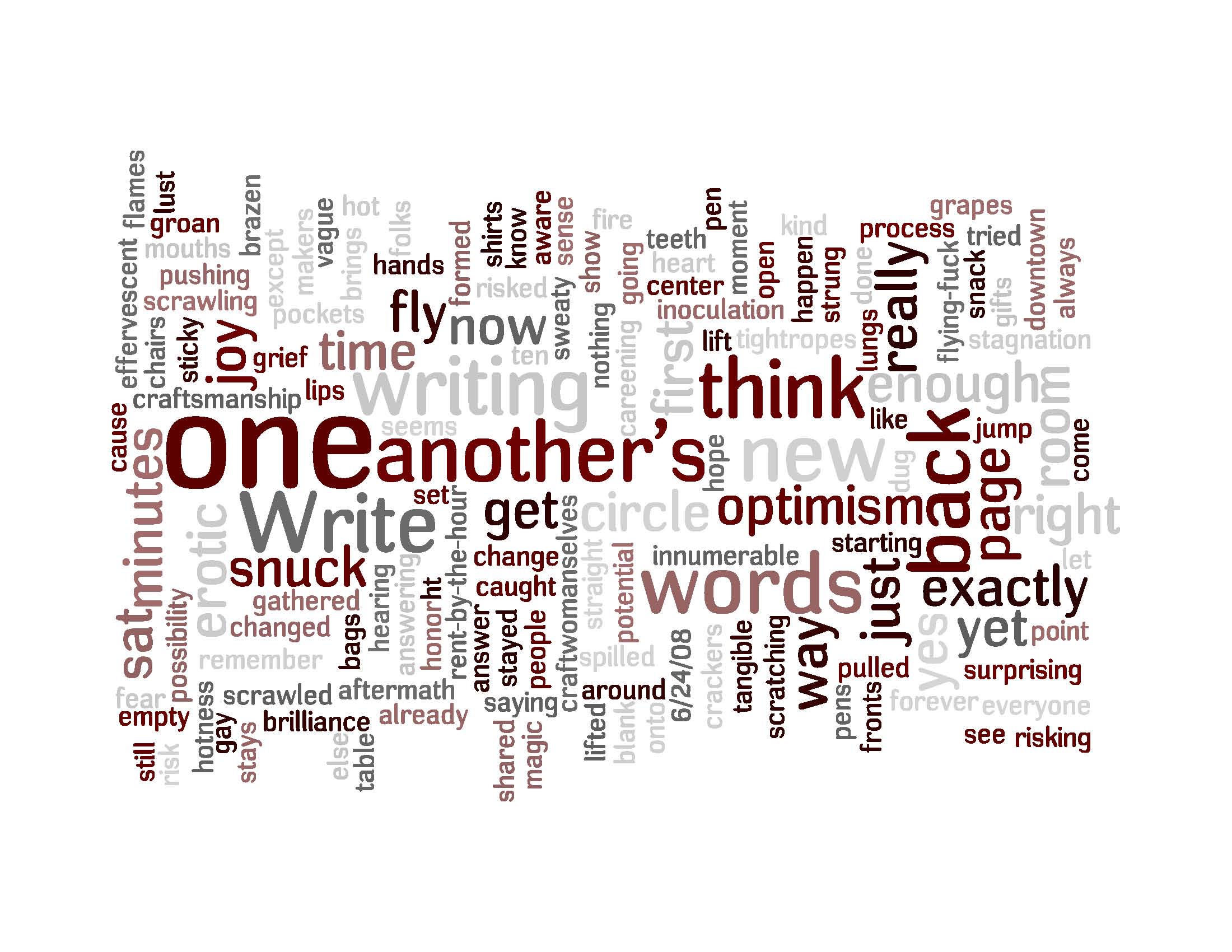
 Writing saved my life. Isn’t that true for so many of us? If I hadn’t had that outlet back when I was 20 and 21 and trying to figure out what had really happened to me, trying to come to a new sense of myself in relationship to words like ‘woman,’ ‘sexuality,’ ‘incest,’ ‘gay,’ and more, I wouldn’t have had any outlet at all, and I think I would have slipped fully into the word ‘crazy.’
Writing saved my life. Isn’t that true for so many of us? If I hadn’t had that outlet back when I was 20 and 21 and trying to figure out what had really happened to me, trying to come to a new sense of myself in relationship to words like ‘woman,’ ‘sexuality,’ ‘incest,’ ‘gay,’ and more, I wouldn’t have had any outlet at all, and I think I would have slipped fully into the word ‘crazy.’ 


 Yes, I absolutely believe art can heal. Why? Because it has done so for me, and I watch it work for others.
Yes, I absolutely believe art can heal. Why? Because it has done so for me, and I watch it work for others.

 When finding a way to express difficult or marginally-socially-acceptable things (such as sexual trauma or sexual longing), art (its creation and its very existence!) heals in that it provides outlet and inlet, deep risk and safety, camouflage and exposure: it is large, contradicts, contains multitudes, just like us, as
When finding a way to express difficult or marginally-socially-acceptable things (such as sexual trauma or sexual longing), art (its creation and its very existence!) heals in that it provides outlet and inlet, deep risk and safety, camouflage and exposure: it is large, contradicts, contains multitudes, just like us, as  Transformative writing is writing that changes you in the process of its creation. A dictionary gives one definition of transform as “to change completely for the better.” Another definition: “to convert one form of energy to another.”
Transformative writing is writing that changes you in the process of its creation. A dictionary gives one definition of transform as “to change completely for the better.” Another definition: “to convert one form of energy to another.”
 I’m talking about the fact that the process of writing itself can be an erotic experience, if we can engage a definition of “erotic” that’s closer to Audre Lorde’s (“I speak of the erotic as the deepest life force, a force which moves us toward living in a fundamental way. And when I say living I mean it as that force which moves us toward what will accomplish real positive change.”
I’m talking about the fact that the process of writing itself can be an erotic experience, if we can engage a definition of “erotic” that’s closer to Audre Lorde’s (“I speak of the erotic as the deepest life force, a force which moves us toward living in a fundamental way. And when I say living I mean it as that force which moves us toward what will accomplish real positive change.” 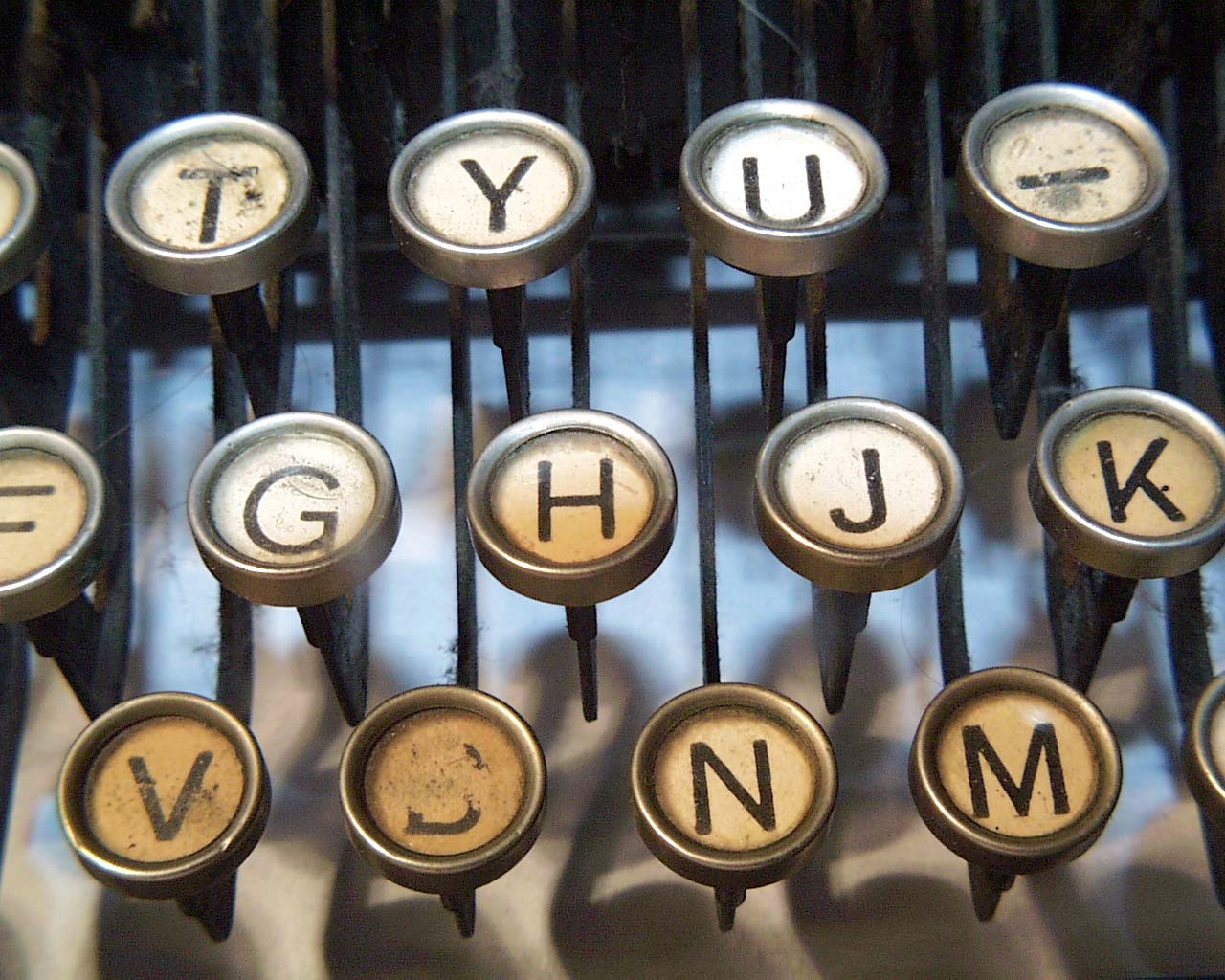 The first question on the list:
The first question on the list: While we're creating narrative and art out of what we think of as the boring (or worse) stuff of our lives, in a community of like-minded others who celebrate our art, our internal selves are rearranged, sometimes without our even realizing it.
While we're creating narrative and art out of what we think of as the boring (or worse) stuff of our lives, in a community of like-minded others who celebrate our art, our internal selves are rearranged, sometimes without our even realizing it.
